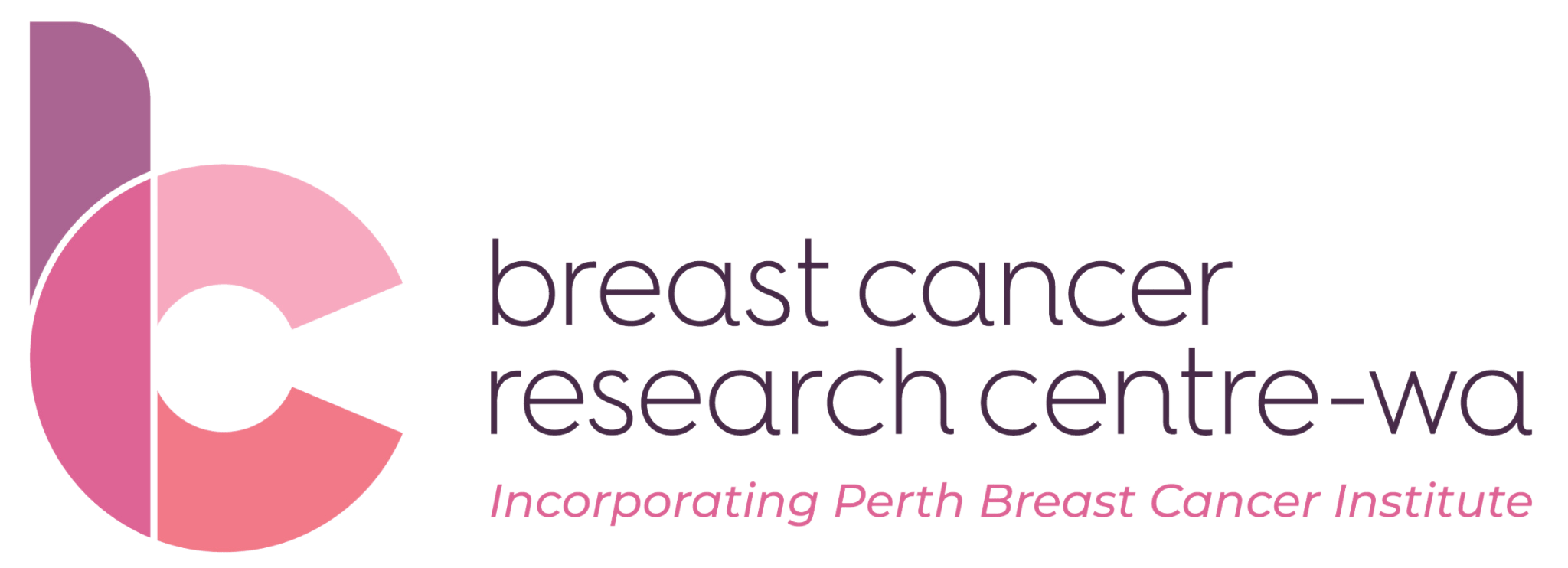How to Talk to Teens About Breast Cancer
A diagnosis of breast cancer in the family can be a difficult time for everyone. The thought of talking to your teenager may seem overwhelming, with often an initial instinct to want to protect them from the strong emotions that this news can bring.
As part of our research here at BCRC-WA, in 2018 we set about understanding the emotional impact on young people aged 14-24 years when a parent has been diagnosed with breast cancer. We found that out of the 120 young people we talked to, most wanted more, clear information about their parent’s breast cancer and how their family would cope with the changes the diagnosis might bring. This finding is consistent with research evidence that shows having open and honest communication supports young people’s adjustment and well-being. There is a wealth of information available to help this process of sharing information, and we have summarized some general tips and advice below.
Be mindful, that every teenager’s needs around the type and amount of information about their parent’s breast cancer will be different. At BCRC-WA we have designed information sheets specifically for young people aged 14-24 explaining breast cancer, including what it is, how it can be treated and possible side effects.
If you feel that your teenager will benefit from further accurate information in relation to your specific experience, we encourage you to talk further with your treating PBCI specialist. Our specialists are happy for you to make a family appointment so that your teenager(s) can attend with you and ask questions.
Be honest and open as soon as you are able
Young people are observant and have a natural barometer that tells them something is not right. Being honest helps build trust between you, which is an essential part of secure family relationships.
You are the expert on your teen
Trust your judgment on the best way to approach your teenager based on their unique personality, temperament, and emotional needs. Often talking individually can be more supportive for initial conversations.
Talk regularly
Regular and open communication is important to maintain trust and have space to answer any questions and worries they have. It is also a chance to clarify any misconceptions (e.g. “will I catch it too?”)
Build understanding with reliable facts
Teenagers’ first instinct is to google! Provide access to reliable and accurate information specific to your cancer. This may include the BCRC-WA information sheet, speaking with your PBCI specialist, and the resources listed below.
Teens can cope
While it is can be an incredibly challenging time. Acknowledging and normalizing the strong emotions of sadness, fear, anger, frustration, and guilt that will arise for them and others in the family, will not harm them emotionally, in fact, it will build their resilience to cope with difficult situations.
The information and content provided on this page is intended for informational and educational purposes only and is not intended to substitute for professional medical advice. Please contact your medical team for advice on anything covered in this article.

Useful resources
BCRC-WA Resources:
What is Breast Cancer? Teen Information Sheet
What is Metastatic or Advanced Breast Cancer? Teen Information sheet
Podcasts:
The Thing About Cancer Podcast – Episode 5: Explaining Cancer to Kids
UPFRONT About Breast Cancer Podcast – Episode 6: Telling Your Children You Have Cancer
